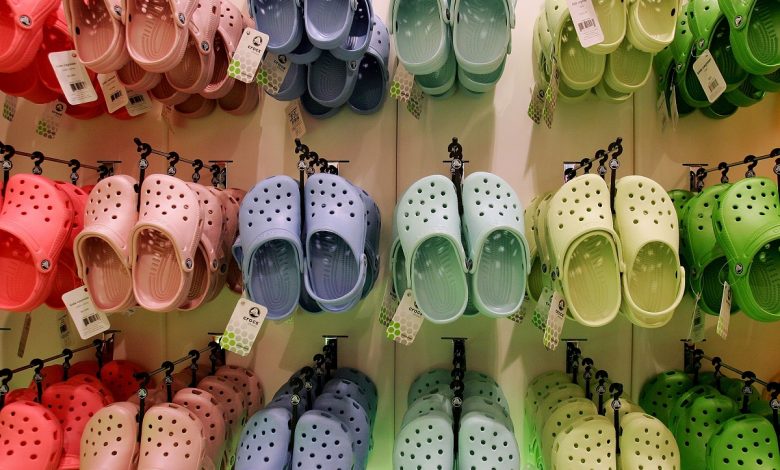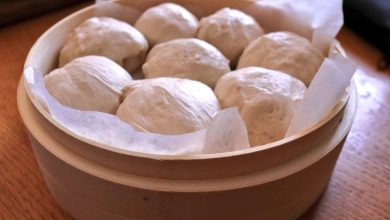
Kawuma mints fortune in plastic shoes locally known as “nigiina”
For the 31 years that he has spent on earth, Herbert Kawuma has done various businesses with varying degrees of success.
He has sold vegetables in the market, he has dealt in scrap, he has run a small retail shop and he has ridden a boda boda.
But it is his latest business that has brought him untold success: selling plastic shoes locally known as “nigiina.”
He delved into this business after he had seen a friend thrive in it. Then, he was a scrap dealer rider operating in Kireka, a suburb of Kampala.
Long journey
Eight years ago when he set foot in Kampala from Kayunga, Kawuma had virtually nothing apart from a few clothes and a bag.
He was living with a sister who operated a stall in Bweyogerere market. She dealt in ordinary food stuffs and vegetables.
He says business was slow and the items would go bad very fast since they were perishable.
He then left and joined the boda boda business because he assumed that the riders were making a lot of money. But things did not go well there either.
“The boda boda business was good but very risky. Many of my friends were killed in accidents or by thieves,” says the soft spoken Kawuma. But this business [of plastic shoes] is profitable and has less risk.
Later, a neighbour told him that there was money in the metal scrap business. So he joined hands with the neighbour and hit the road.
“We would go looking for abandoned metallic and aluminum items which we would sell to the big dealers,” he says.
At first, Kawuma says the business appeared promising. Later challenges emerged.
“We would sell a kilogramme of metal at Shs 500 and there were days when we would sell even 100Kg,” he says.
However, he left the business because of the perception that scrap dealers are vandals.
More than once, he says, police raided their shop thinking that they were selling stolen items or vandalized electricity wires.
On one occasion, he spent the night behind bars after a lady accused them of stealing her saucepans, an allegation, he says, was not true.
That was the signal that he needed to leave the business. He did and set up a small retail shop with the little savings he had. The shop did not last long and before he knew it, he was dealing in plastic shoes.
“When my retail shop was collapsing, a friend of mine told me I could make some good money in plastic shoes because they are affordable for most people,” he says.
His friend already had a shop dealing in those shoes and he could see he was making money.
With Shs 500,000 he went to town and bought bags of plastic shoes along Nabugabo road in Kampala.
“I just converted the retail shop into a shoe shop. I sold the other items to business people near me,” he says.
Within one month of selling plastic shoes, he says he made a profit of Shs 400,000, something that gave him hope.
“These shoes are worn by everyone. The rich and poor so they have a big market,” he says.
He borrowed another 500,000 from a friend and injected more capital. The business thrived so much that his shop became too small for the merchandise. He needed bigger space.
So he rented another shop not far from the first one.
“I got a worker and put him in the old shop. I moved to the new shop which was bigger,” he says.
Today Kawuma says he makes very good money that he has managed to buy some assets like a motorcycle and a piece of land.
On a good day, Kawuma goes home with a profit of Shs 100,000. He admits that this does not happen very often. Whatever the case, he is not regretting delving into the plastic shoes business.
He said his capital is in now in millions, without giving a specific figure.
“I can say I am very comfortable and can afford the basics of life and more,” he says.
He plans to expand his business and open outlets in the neighbouring towns of Kyaliwajjala, Kira and Namugongo. This, he says, will happen in the next three years if business continues doing well.
Challenges
The biggest challenge he says relates to the quality of some of the plastic shoes.
“At times the dealers give us very poor quality shoes which are rejected by the customers,” he says.
Another challenge is finding trust worthy and hardworking staff. Many times, he has lost money due to unfaithful workers. However, he says he has put in place measures to curb this including installing CCTV cameras in the shops.
Then the current tough economic environment means that people no longer buy the shoes as regularly as they did. So he takes long to turn over his stock which affects business growth.
Advice
Kawuma advises young people to be persistent but patient. He says when things are not going well, it is not good to despair.
“Just think innovatively and find a way out of the problem,” he says.
He also advises young people to seek information about the business ventures they want to start to avoid making losses.
“Don’t stick too long in a business that does not bring you money, you will just burn through the capital and collapse,” he says.



